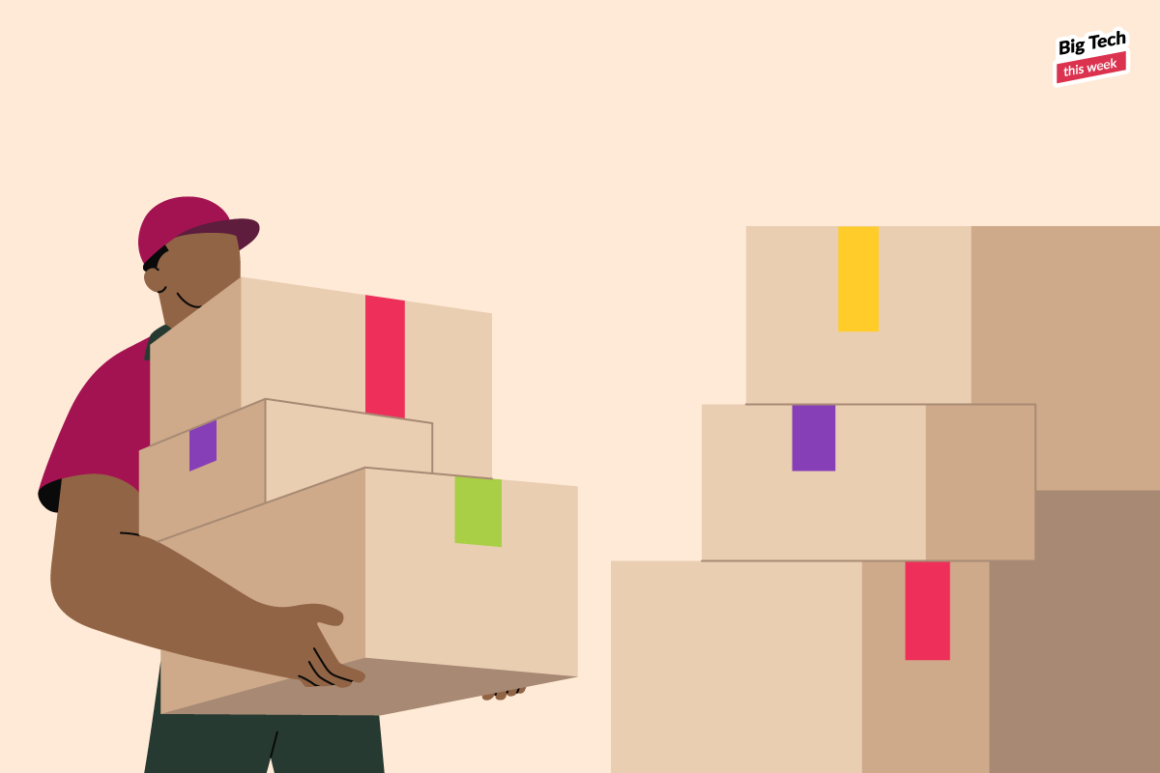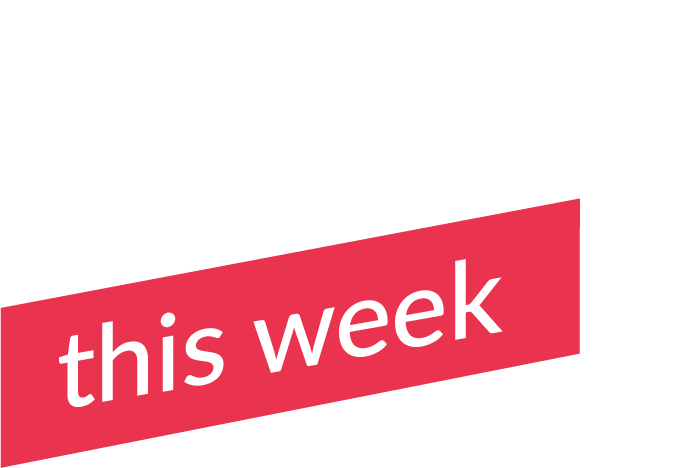Top of mind: Happy Sunday!
Super apps, lawsuits and Africa’s logistical issues.
Let’s get to it.
3 big things
– Africa’s super apps
– Meta gets sued
– Fixing logistics
Africa’s super app goldrush

The short: Super apps in Africa are on the rise.
The dream: China’s WeChat set the pace with the emergence of super apps – racking up billions of users and generating millions of dollars in revenue. Other tech companies took notice and went in on the action by building all-in-one apps that provide multiple services like logistics, e-commerce, and messaging.
In Africa, super apps are still in the early stages compared to industries like fintech, e-commerce and logistics – leading to fierce competition by several industry players to dominate this space.
Africa’s super apps: Africa’s biggest super app is Kenya’s M-Pesa. The 15-year-old platform has 51 million users across seven countries, including Kenya, Ghana, and Egypt. M-Pesa provides ticket booking and delivery services alongside its mobile money offerings.
Egypt’s unicorn, MNT-Halan, offers grocery delivery, ride-hailing and buy-now-pay-later services. Nigeria’s Gokada and Algeria-based Temtem ONE started as ride-hailing companies before expanding their services to super app territory.
South Africa’s Ayoba recently crossed a significant milestone of 20 million users, thanks to the app’s multi-service options across music, money transfers, and messaging.
SafeBoda and JumiaPay are also making aggressive plans to dominate Africa’s market, and regional banks are not being left out. More banks are dabbling in this space by expanding their app offerings.
Big tech vs local players: Big tech companies had ambitious plans to expand globally, but Africa proved to be a tough market. In 2013, WeChat made a splash with its South Africa launch but got knocked out of the country by WhatsApp’s messaging dominance following a 7-year run.
While most super apps have not had the best adoption on the continent, Meta’s deep roots and WhatsApp’s massive user base make it a strong contender when WhatsApp Pay expands into Africa. The service launched in India and Brazil in 2018, with plans to expand globally.
Expansion hiccups: WhatsApp Pay’s expansion has faced resistance from governments in regions with established super apps due to the impact on local players. This explains why the service only operates in the market it launched four years ago.
Final thoughts: Are super apps the new rockstars, or will companies stick to the services they’re used to? Africa still has a long way to go to gain super app success like China’s WeChat.
But, for people like me who dislike downloading multiple apps, I pray this happens quicker.
Meta gets sued in Kenya

The short: Content moderators in Kenya sue Meta and its partners for unlawful practices.
Foul play: Meta and its content moderation partners in Kenya, Sama and Majorel, are being sued by 43 content moderators in Kenya. The ex-Sama employees allege that the company terminated them without the 30-day notice required by law and made signing non-disclosure documents mandatory for receiving severance. They also accuse Meta of instructing its new content moderator, Majorel, not to hire any of the 260 people being fired from Sama.
The county steps in: Kenya’s court ordered an interim injunction temporarily barring Meta from engaging Majorel and preventing Sama from going ahead with the layoffs. The court ordered Meta and Majorel not to block any qualified candidates from Sama from applying for new roles.
However, Sama will continue providing content moderation services to Meta. The company planned to wind down its content moderation portfolio to focus on its labelling business for companies like OpenAI. AI is tech’s new toy, so I understand why Sama is getting out of the business of content moderation and all its headaches.
Final thoughts: Content moderation is essential on social media platforms but detrimental to the mental health of the workers reviewing violating content. Companies like Sama and Majorel must invest more in supporting their workers, or it’s more lawsuits.
How startups are transforming African logistics

The short: African startups are building innovative solutions to support logistics on the continent.
A complex terrain: Logistics and supply chain management are hot topics and challenging African problems. Last year, venture capital firms invested about $650 million in logistics, e-commerce and retail-tech startups on the continent. Figures like this are reserved for fintech startups.
However, it’s been a mixed bag for companies in the sector – Wasoko and Pivo raised $125 and $2 million, while Sendy struggled with layoffs.
The African Continental Free Trade Agreement (AfCFTA) is the world’s largest free trade area since the World Trade Organization (WTO). But while AfCFTA will support companies by cutting border tariffs, it doesn’t shield them from macroeconomic and geographical issues.
All hands on deck: Figuring out logistics is not pretty work. Still, what’s impressive is how startups are providing solutions with a broad impact.
In medicine: Zipline transforms medical supply deliveries using automated drones in Rwanda.
In agriculture: Twiga Foods is connecting farmers with vendors and consumers. InspiraFarms offers solar cold storage solutions, allowing farmers to join the regional supply chain.
For SMEs: Pivo is offering financial services to support the efforts of small businesses in the supply chain sector. While the infrastructural gaps in Africa’s delivery scene continue to slow growth, startups are taking the lead and innovating around the shortcomings.
Final thoughts: Africa is riddled with difficult-to-reach locations, hindering economic opportunities and excellent customer service. The startups figuring this out need all the support they can get because consumers will be better for it.
Thanks for reading! We’d love to hear your thoughts about this week’s issue.
Please respond directly to this email or find me on Twitter @fatuogwuche 🙂
See you next Sunday!

